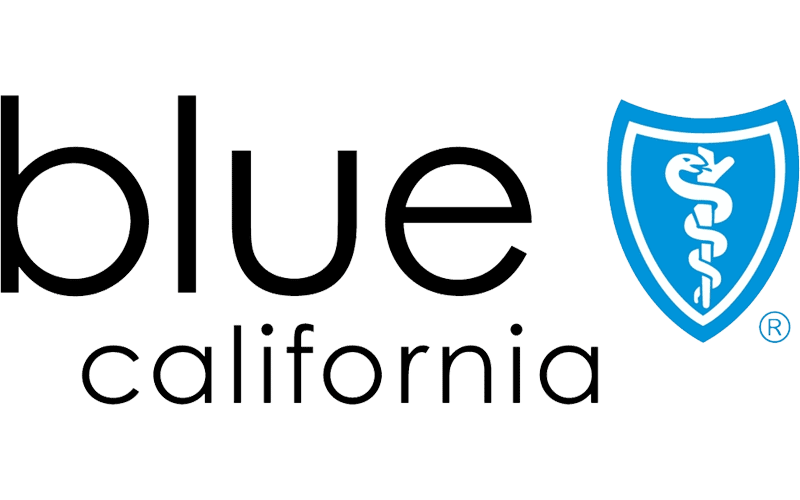Accepted health insurance plans






What is grief?
Grief is a natural response to losing someone or something deeply important. It can affect your emotions, thoughts, and daily life, sometimes leading to sadness, anxiety, or even physical symptoms that make it hard to cope.
With the right care, you don’t have to face grief alone. Compassionate psychiatric support can help you process loss and begin healing.
2.5 million
deaths each year
Millions of people in the U.S. experience grief annually after a loss. (CDC)
7–10% develop
prolonged grief
Some experience symptoms lasting over 12 months, impacting daily life. (APA)
1 in 4 face
depression or anxiety
Grief often leads to emotional health challenges that may need professional care. (NIMH)
Grief impacts
physical health
Loss can increase risks like weakened immunity and cardiovascular strain. (JAMA)
Treatment options we offer
Psychiatric evaluation & diagnosis
Understand your grief and screen for related conditions.
Medication management
Safe, effective options for depression, anxiety, or sleep issues.
Therapy referrals or combined care
We connect you with trusted therapists for grief-focused support.
Telehealth services
Receive expert care from the comfort of home.
Why choose us for grief and loss treatment
Board-certified psychiatrists and psychologists
Experts in grief care and related mental health conditions.
Personalized, evidence-based plans
Care tailored to your grief, needs, and healing journey.
Confidential and compassionate care
No judgment—just understanding, care, and expert treatment.
We accept most major insurance plans
Aetna, Magellan, Cigna, Blue Shield, MHN, Healthnet.
7 signs of grief and loss you shouldn’t ignore
Grief is a natural response to losing someone or something meaningful. But when it becomes overwhelming or lingers too long, it can start to affect your health, relationships, and daily functioning.
Here are 7 signs of grief you shouldn’t ignore—especially if they’ve been affecting you for weeks or months.
1Intense sadness that won’t lift Deep sadness that lingers for weeks or months may be a sign that grief is becoming harder to manage alone.
2Avoiding reminders of your loss You may withdraw from people, places, or conversations connected to your loved one.
3Sleep problems or exhaustion Trouble falling asleep, frequent waking, or feeling drained each day are common grief symptoms.
4Persistent guilt or regret You may feel stuck in “what if” thoughts, regret, or blame that makes it harder to heal.
5Difficulty concentrating or functioning Grief can make it hard to focus, work, or keep up with daily responsibilities.
6Loss of interest in daily life Activities you once enjoyed may feel empty or unimportant, leading to isolation or withdrawal.
7Feeling hopeless or stuck If you feel like the pain will never ease, it may be time to seek professional support.
When to reach out for help
If grief is overwhelming your daily life, relationships, or well-being, you don’t have to carry it alone. Baywell’s board-certified psychiatrists and psychologists provide compassionate evaluations, safe medication options, and therapy referrals to support your healing journey.
Questions or concerns?
If you need help, please call our office at 415-922-9122 and our receptionists will assist you. Zoom’s FAQ page may also help to answer some of your questions.
Zoom HIPAA compliance
The Zoom software used by Baywell is HIPAA compliant to protect your privacy and security in accordance with federal laws. We encourage our patients to review Zoom’s HIPAA compliance datasheet for more information.
Start healing from grief today
You don’t have to face loss alone. Our compassionate team provides confidential care to help you find support and begin healing.
Call 415-922-9122 to get connected with a Baywell provider.
